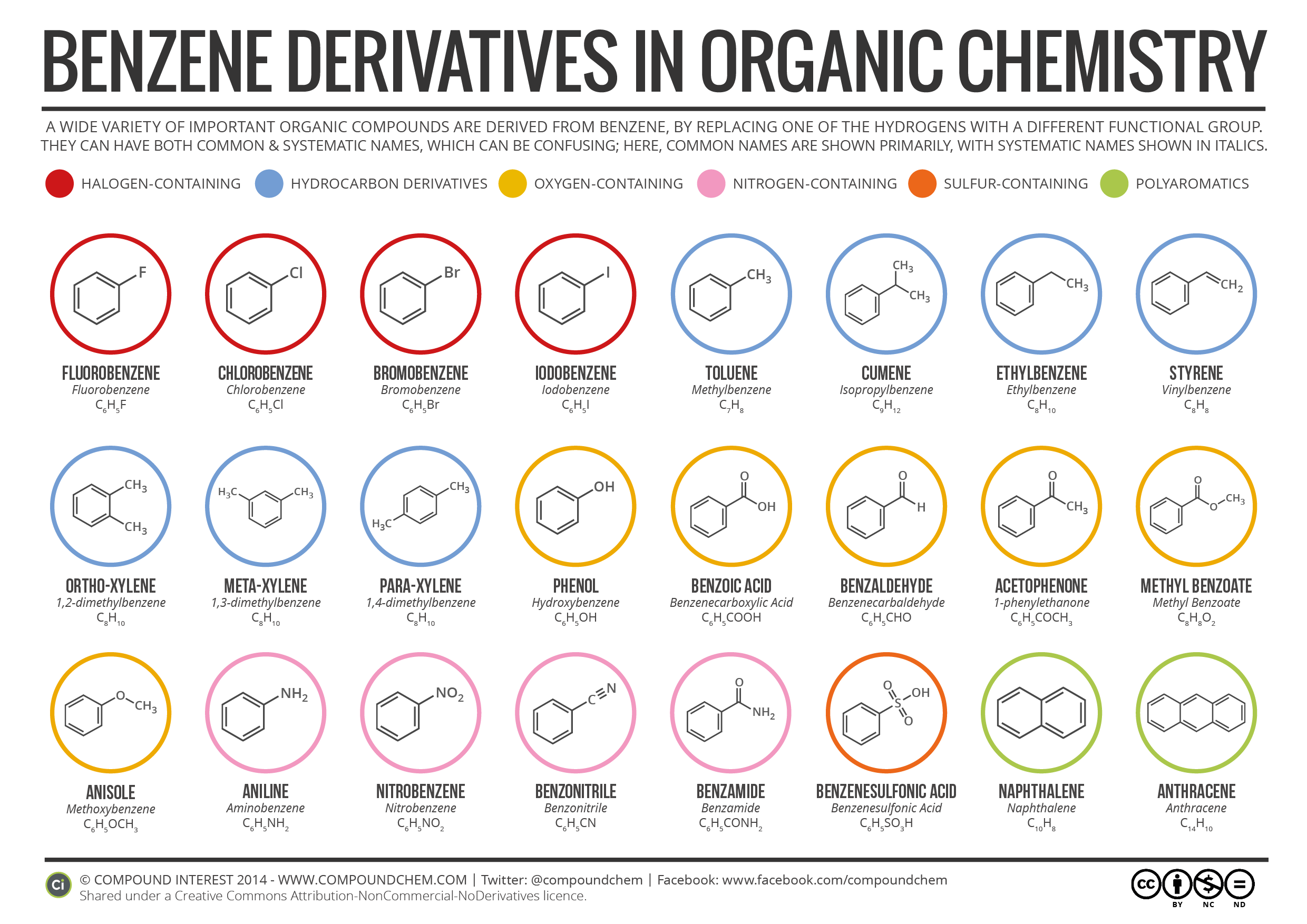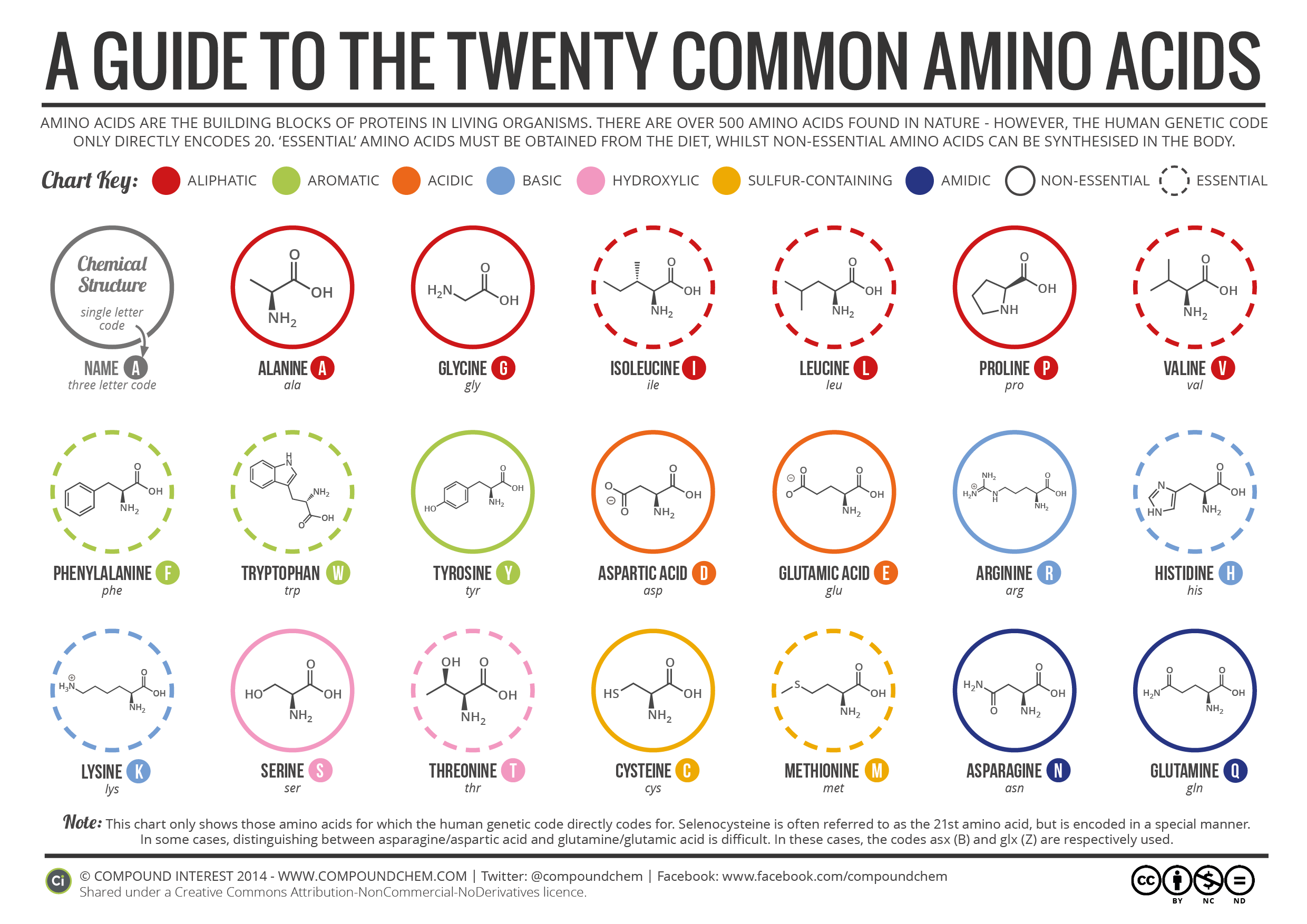Reporting results in a scientific journal is a process common to researchers in all disciplines. However, many scientific papers fail to communicate research work effectively. Pitfalls include using complicated jargon, including unnecessary details, and writing for your highly specialized colleagues instead of a wider audience.
Effective research articles are interesting and useful to a broad audience, including scientists in other fields. This infographic presents tips to help you write papers people will want to read.
Useful Tips to Help You Write Better Research Papers
Title
Keep the title simple and specific to describe the content – but not so technical it cannot be easily understood. Try to be concise.
Abstract
The abstract is short, but remember not to cram as much detail into it as possible. You want to grab the reader’s attention with the first statement.
Introduction
When writing the introduction, pick out things that are most relevant to your work and explain why. Present the background of your work while focusing on the most important issues.
Results and Discussions
- Make your R&D concise but informative.
- Focus on important parts, not the small details.
- Remember that discussion of unexpected results is often as valuable as focusing on the expected findings.
References
- Make sure that your reference section is up to date by including current literature.
- Make use of reference management software! It will save you much time.
Timing
- Block out times for writing.
- Consider having regularly scheduled time to write.
- Choose the times according to when you tend to function best.
Citing
- In general, use your own words.
- When using others’ words, put the material in quotation mark if it’s short; indent it if it’s long.
- Always cite the source if a fact or idea isn’t your own.
Writing
- Avoid very long paragraphs and sentences.
- Consider using headings, bullets, italics and boldface (but don’t overuse these).
- Make easy-to-understand graphics.
Editings
- Before submitting your manuscript to a journal, read the final version several times.
- Seek feedback from others.
References are mentioned on the infographic.
Originally published on Elsevier Connect by Natalia Rodriguez.

![Inorganic Compounds As Pigments in Paints [Infographic] Inorganic Compounds As Pigments in Paints](https://chemistry.com.pk/wp-content/uploads/2014/08/Inorganic-Compounds-As-Pigments-in-Paints.png)

